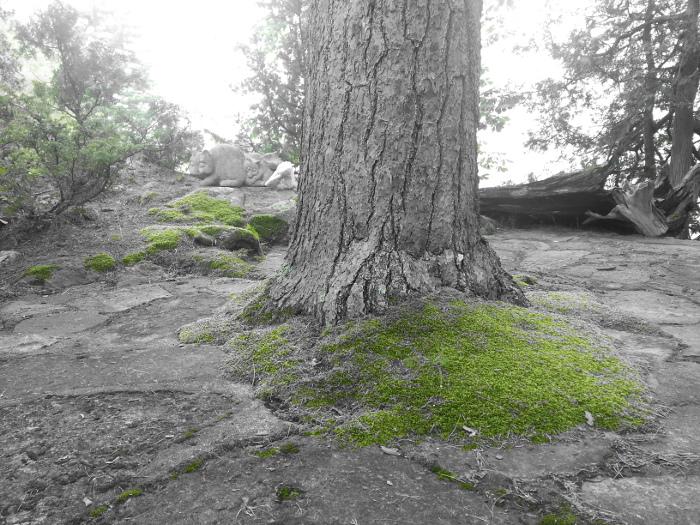The winners of the Knight News Challenge: Libraries were announced a few days ago. I didn’t know about the Knight Foundation (those are the same Knights as in Knight Ridder (“Not to be confused with Knight Rider or Night Rider”)) but they’re giving out lots of money to lots of good projects. DocumentCloud got funded a few years ago, and the Internet Archive got $600,000 this round, and well deserved it is. I was struck by how two winners fit together: the Library Freedom Project, which got $244,700, and Measure the Future, which got $130,000.
The Library Freedom Project has this goal:
Providing librarians and their patrons with tools and information to better understand their digital rights by scaling a series of privacy workshops for librarians.
Measure the Future says:
Imagine having a Google-Analytics-style dashboard for your library building: number of visits, what patrons browsed, what parts of the library were busy during which parts of the day, and more. Measure the Future is going to make that happen by using simple and inexpensive sensors that can collect data about building usage that is now invisible. Making these invisible occurrences explicit will allow librarians to make strategic decisions that create more efficient and effective experiences for their patrons.
Our goal is to enable libraries and librarians to make the tools that measure the future of the library as physical space. We are going to build open tools using open hardware and open source software, and then provide open tutorials so that libraries everywhere can build the tools for themselves.

I like collecting and analyzing data, I like measuring things, I like small computers and embedded devices, even smart dust—it always comes back to Vernor Vinge, this time A Deepness In the Sky—but I must say I don’t like Google Analytics even though we use it at work. Any road up:
We will be producing open tutorials that outline both the open hardware and the open source software we will be using, so that any library anywhere will be able to purchase inexpensive parts, put them together, and use code that we provide to build their own sensor networks for their own buildings.
The people behind Measure the Future are all top in the field, but, cripes, it looks like they want to combine users, analytics, metrics, sensors, embedded devices, free software, open hardware and “library as place” into a well-intentioned ROI-demonstrating panopticon.

I’m not going to get all Michel Foucault you, but I recently read The Inspection House: An Impertinent Field Guide to Modern Surveillance by Tim Maly and Emily Horne:
The panopticon is the inflexion point and the culmination point of this new regime. It is the platonic ideal of the control the disciplinary society is trying to achieve. Operation of the panopticon does not require special training or expertise; anyone (including the children or servants of the director, as Bentham suggests) can provide the observation that will produce the necessary effects of anxiety and paranoia in the prisoner. The building itself allows power to be instrumentalized, redirecting it to the accomplishment of specific goals, and the institutional architecture provides the means to achieve that end.
Measure the Future has all the best intentions and will use safe methods, but still, it vibes hinky, this idea of putting sensors all over the library to measure where people walk and talk and, who knows, where body temperature goes up or which study rooms are the loudest … and then that would get correlated with borrowing or card swipes at the gate … and knowing that the spy agencies can hack into anything unless the most extreme security measures are taken and there’s never a moment’s lapse … well, it makes me hope they’ll be in close collaboration with the Library Freedom Project.
And maybe the Library Freedom Project can ask them why, when we’re trying to help users protect themselves as their own governments try to eliminate privacy forever, we’re planting sensors around our buildings because we now think that neverending monitoring of users will help us improve our services and show our worth to our funders.
 Miskatonic University Press
Miskatonic University Press